Indigenous Governance Database
ecosystem management
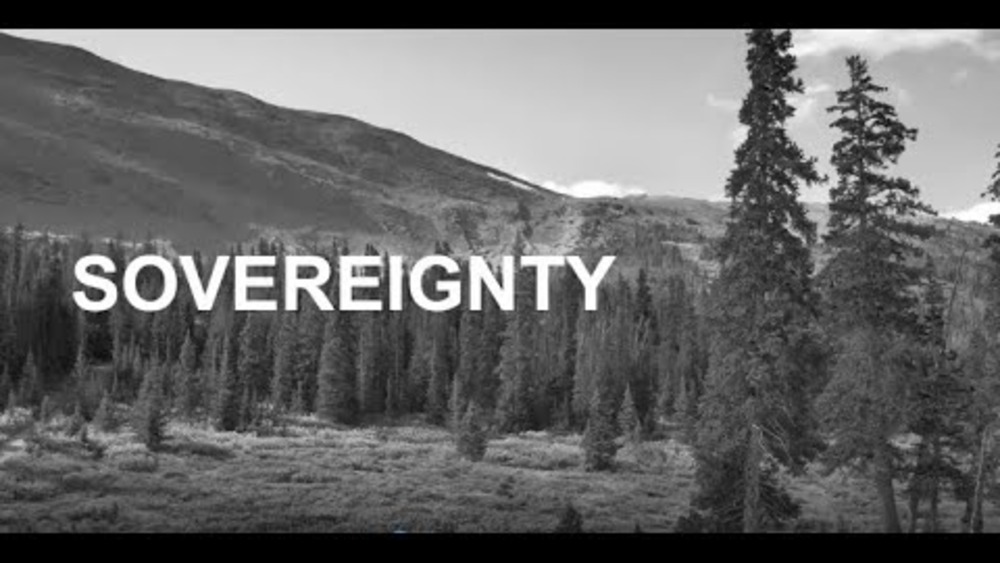
Indigenous Data Sovereignty: How Researchers can Empower Data Governance with Lydia Jennings
Indigenous land management practices result in higher species richness, less deforestation, and land degradation than non-Indigenous strategies. Many environmental researchers, data repositories, and data service operations recognize the importance of collaborating with Indigenous nations,…
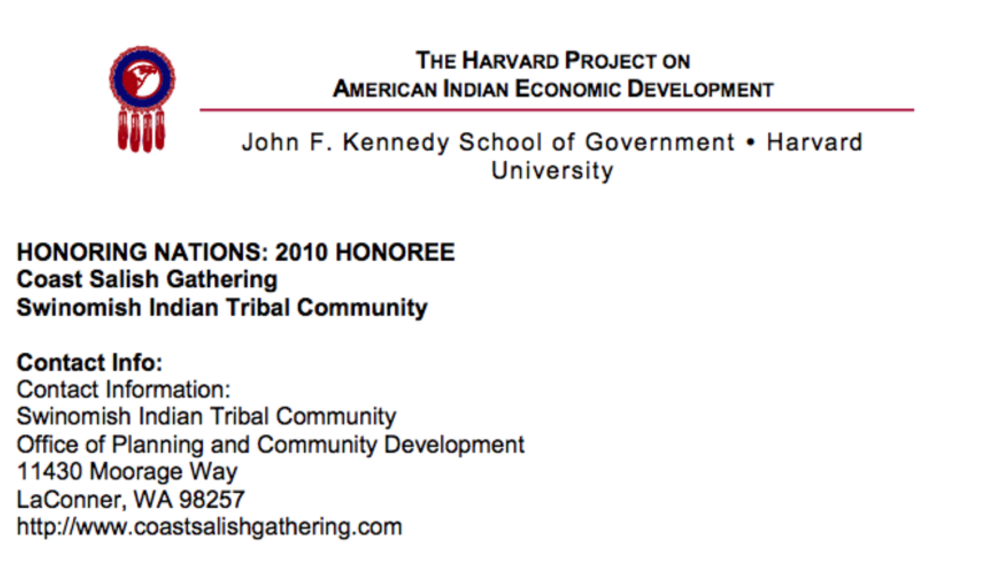
Coast Salish Gathering
Ecosystems in many parts of North America are under severe stress. Pollution, the overuse of natural resources, and habitat destruction threaten local flora and fauna. Conservation attempts often fall short because they target one species of site within an ecosystem. The Coast Salish Gathering…
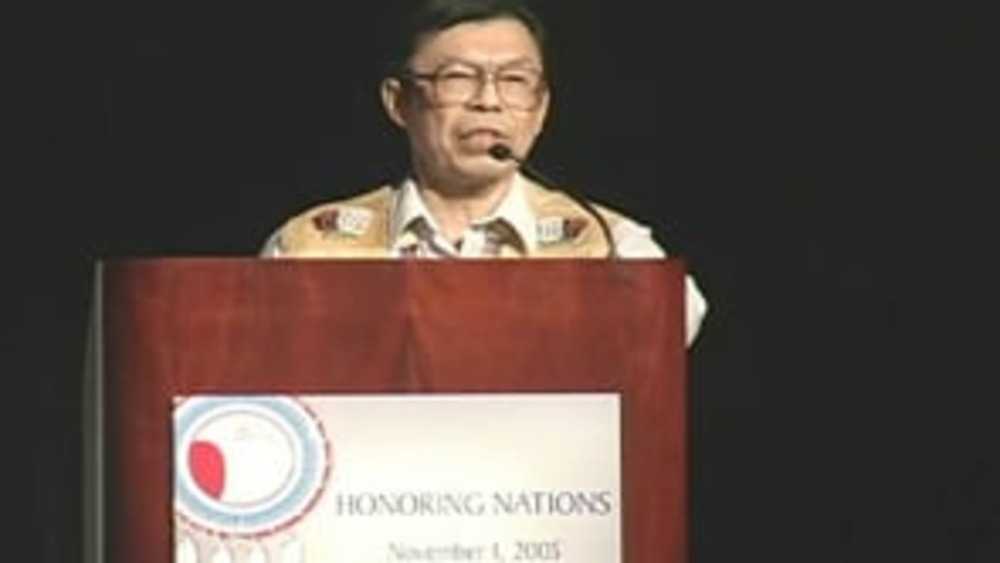
Honoring Nations: Peter Captain, Sr., James Landlord, Pat Sweetsir, and Clarence Alexander: The Yukon River Inter-Tribal Watershed Council
Representatives of the Yukon River Inter-Tribal Watershed Council present an overview of the Council's work to the Honoring Nations Board of Governors in conjunction with the 2005 Honoring Nations Awards.
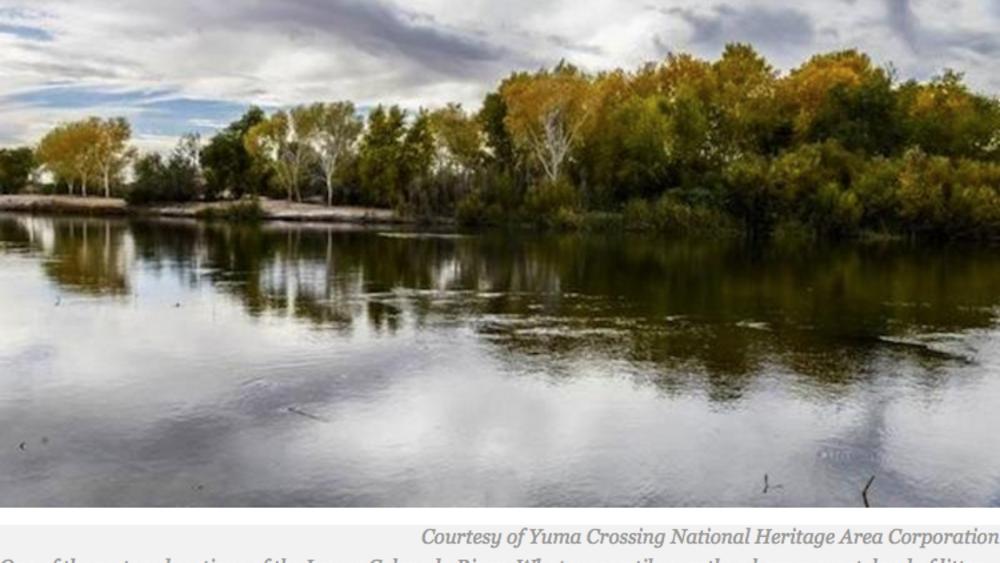
Tribal Transformation: Quechan Help Bring Lower Colorado River Habitat Back to Life
The Colorado River, once home to riverboats and a source of liquid sustenance to many, has been referred to as America’s Nile, the most important river in the Southwest. Until recently a section of the lower Colorado with the city of Yuma on one side and the Quechan Indian tribe on the other was a…
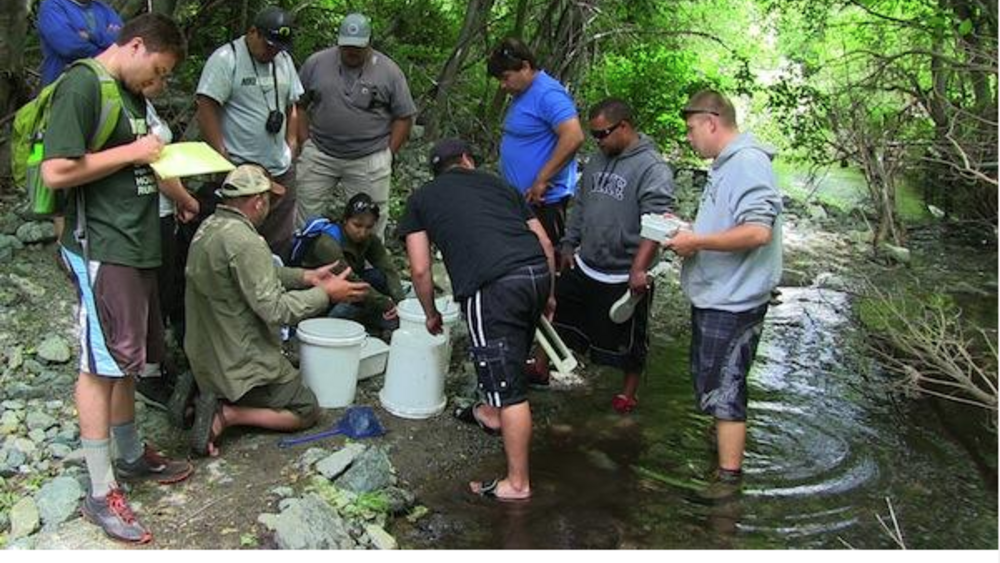
Klamath Youth Program Melding Science and Traditional Knowledge Wins National Award
A unique collaboration between a Klamath youth leadership development program and U.S. government researchers has won the U.S. Department of the Interior’s Partners in Conservation award for its use of traditional knowledge in conjunction with modern science. The Klamath Tribal Leadership…
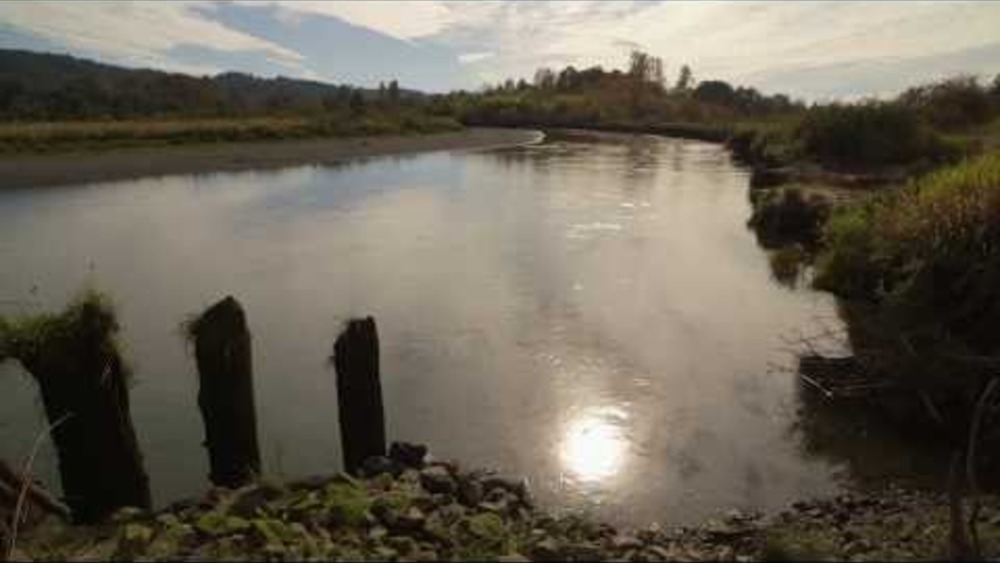
Coming Back: Restoring the Skokomish Watershed
Members of the Skokomish Watershed Action Team have been collaborating for a decade on how to best restore the Skokomish watershed, located at the southern end of Hood Canal, in western Washington. From federal agencies to the Skokomish Tribe to private citizens, this is the story of how these very…
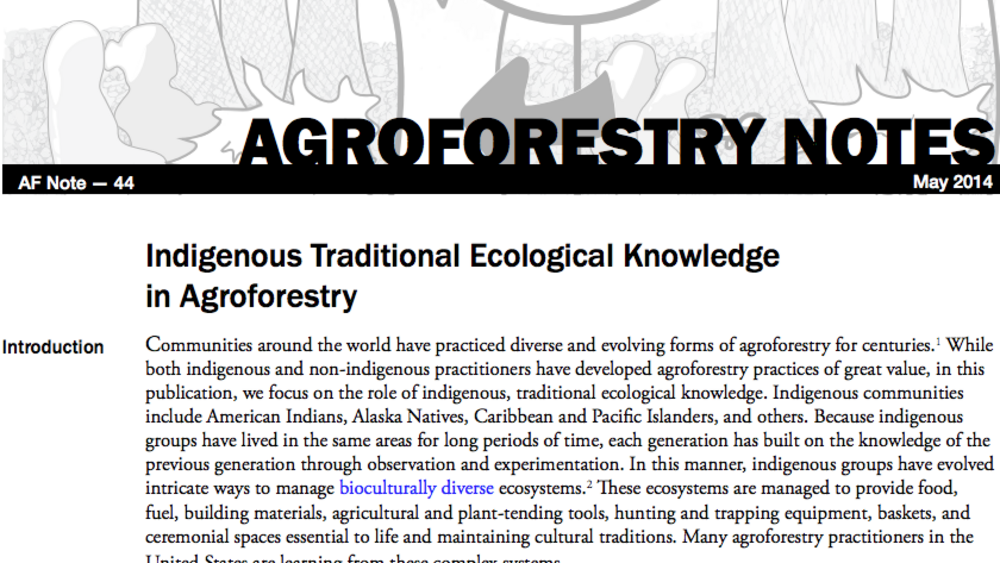
Indigenous Traditional Ecological Knowledge in Agroforestry
Communities around the world have practiced diverse and evolving forms of agroforestry for centuries. While both Indigenous and non-Indigenous practitioners have developed agroforestry practices of great value, in this publication, we focus on the role of Indigenous, traditional ecological…
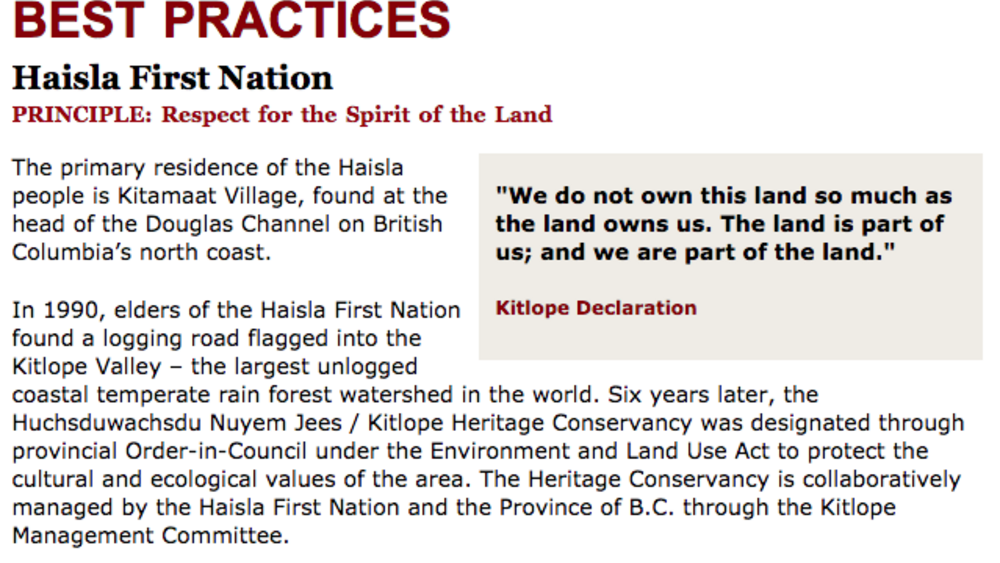
Best Practices Case Study (Respect the Spirit in the Land): Haisla First Nation
The primary residence of the Haisla people is Kitamaat Village, found at the head of the Douglas Channel on British Columbia's north coast. In 1990, elders of the Haisla First Nation found a logging road flagged into the Kitlope Valley -- the largest unlogged coastal temperate rainforest watershed…
